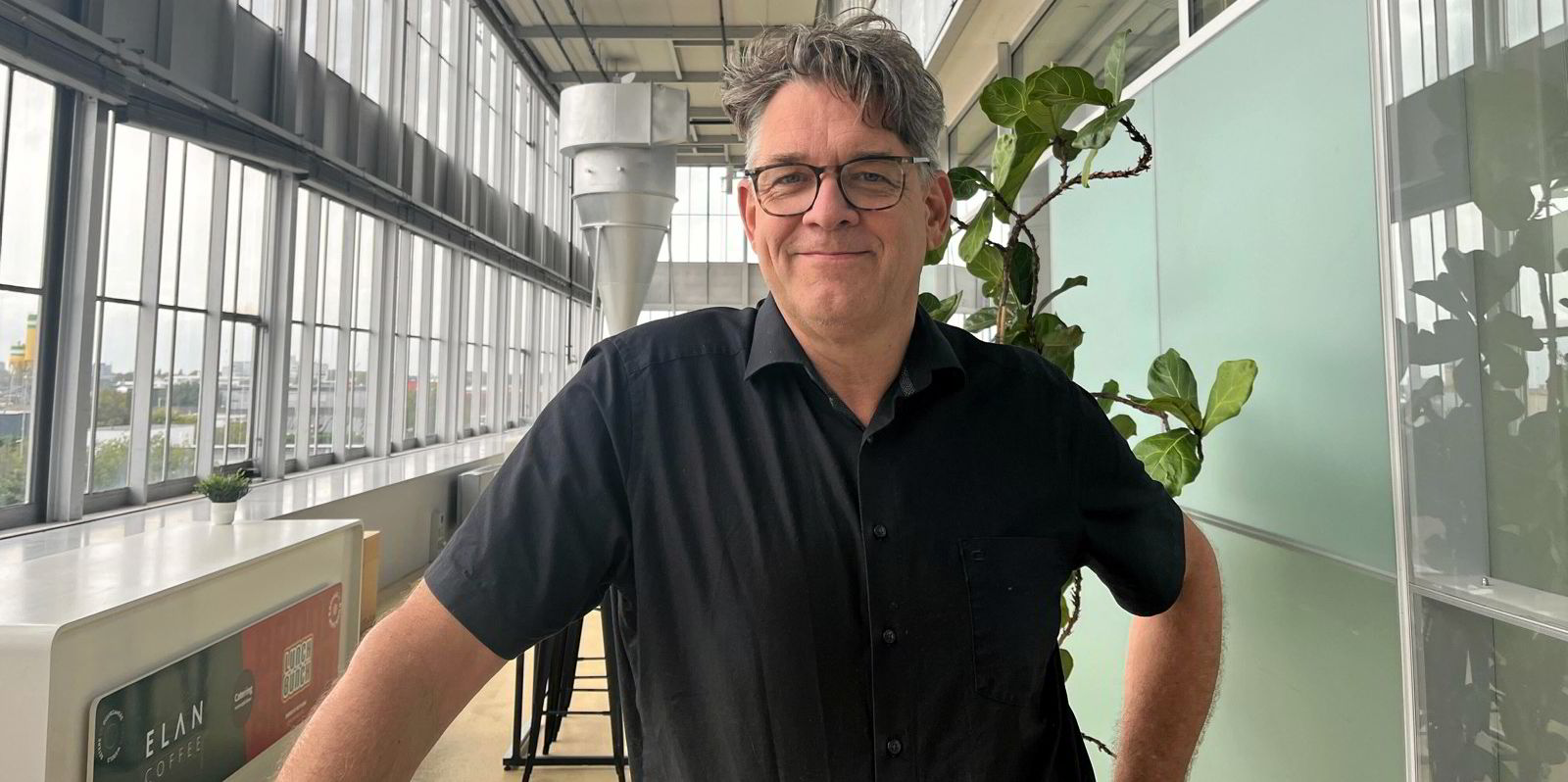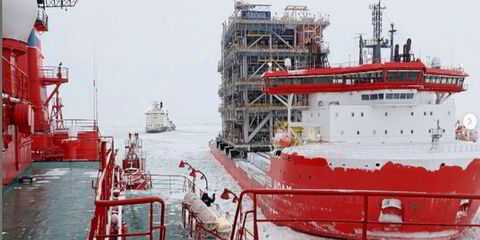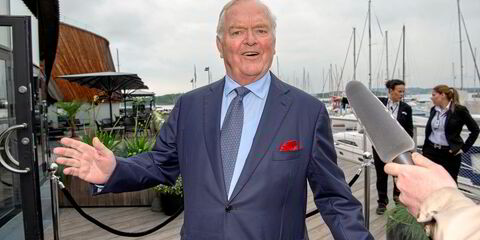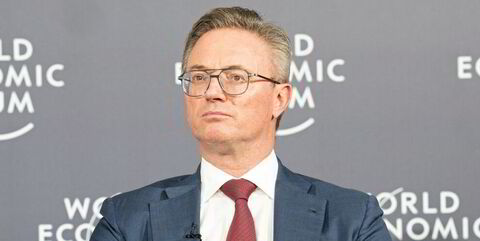In shipping, time is not just money. It also represents emissions.
Teqplay chief executive Leon Gommans estimates that 10% to 20% of ships’ time in port is wasted — and that can be reduced when the right steps are taken. (His technology company, of course, focuses on saving its customers money, and he estimates up to 8.5% of port costs can also be saved.)
He and chief technology officer Richard van Klaveren founded Teqplay in 2015, just two years after Gommans, a long-time Rotterdam resident, began getting involved in the maritime business that is so prevalent there.

To the puzzle of port-time optimisation, he brought his background in technology and economics.
“I was always working in the field of innovation, collaboration and technology. That is the three words I really love,” he says.
For Gommans, visibility is the first step to unlocking the collaboration that is required to reduce waste in port calls, so the Teqplay platform aims to expose the waste in operations and processes in port.
“The industry does not really understand how much waste there is,” he tells TW+.
“We need to make that visible. Once you’ve got that number, and if you make it very tangible for people — ‘you’re wasting this percentage of the cost, you’re wasting this percentage of time’ — and you can allocate the numbers to it, then people start to wake up and want to address that, because then it’s money.”
To reduce turnaround time at a port, for example, mapping the entire process from the inbound pilot station to a berth, then back out to the departure pilot station, and calculating the amount of wasted time across that process, opens the door to continuous improvement.
Gommans says the emissions impact of wasted port time is increasingly becoming part of the discussions with customers, particularly as the European Union gears up to push shipping into its Emissions Trading System in January.



